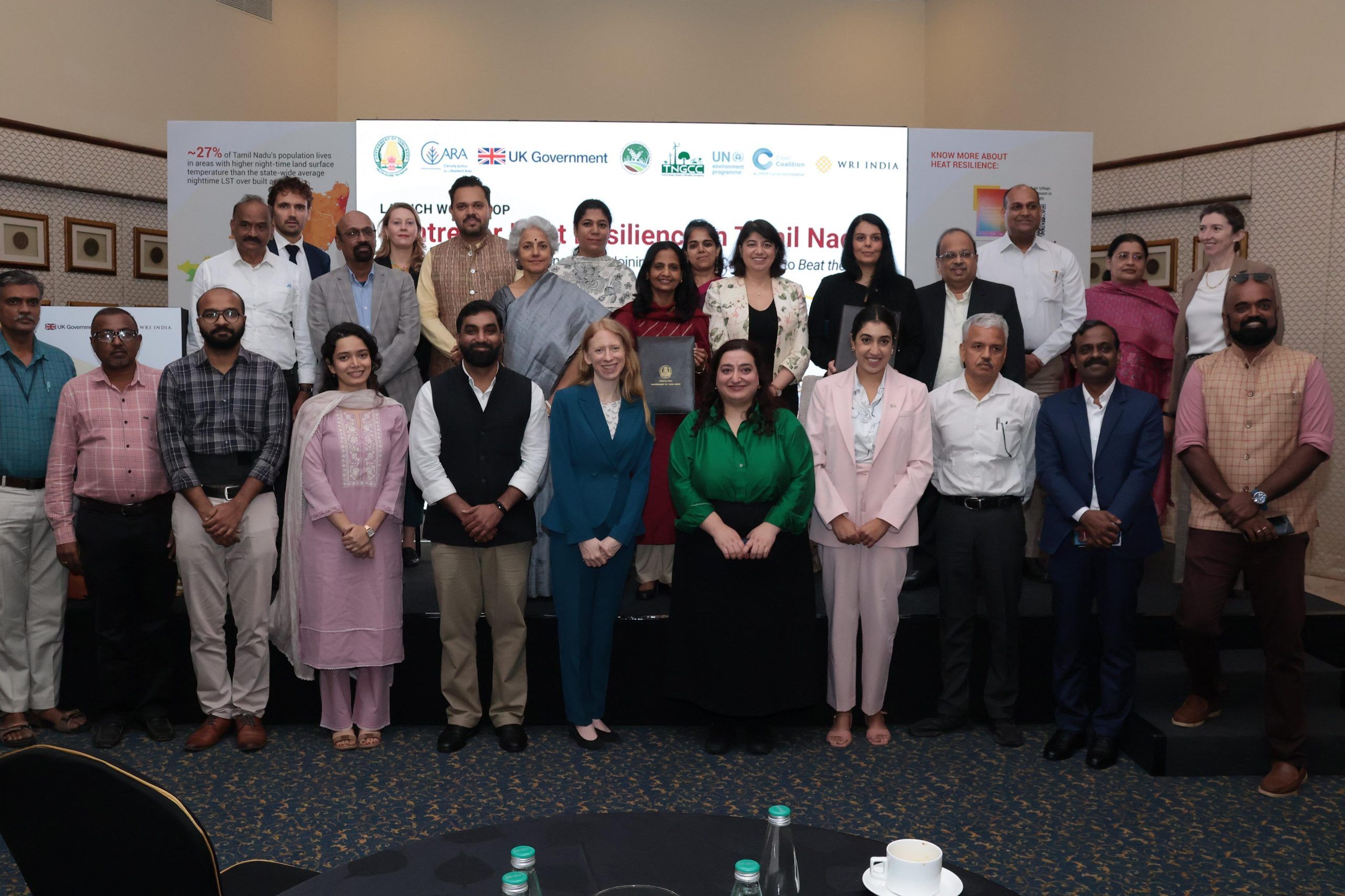United Nations Industrial Development Organization offers guidance on emissions reductions to developing nations
The United Nations Industrial Development Organization (UNIDO) has launched iguidance to support both domestic and commercial refrigeration manufacturers to improve energy efficiency and reduce greenhouse gas emissions. This project is funded by the Kigali Cooling Efficiency Program (K-CEP) and supported by International Copper Association (ICA).
This new study sets out a methodology and tools for manufacturers to understand cost and net benefits for different energy efficient refrigeration design options and the required manufacturing line upgrades.
UNIDO said in its role as a Montreal Protocol implementing agent, it is supporting its Member States which phase-out the use of ozone depleting and global warming substances in the cooling sector. In turn the creation of the Kigali Cooling Efficiency Program aims to help increase energy efficiency of cooling in developing countries.
The study “Assessment of incremental capital and operating costs for improved energy efficiency in domestic, commercial and retail refrigeration” looked at manufacturers in five countries and created a Manufacturer Development Index (MDI) to rank them on a variety of factors: manufacturer development capacity; manufacturer production volume; manufacturer proximity to and relationship with component’s original equipment manufacturers;, market maturity; country’s energy efficiency score.
The organisation says that manufacturers are now able to ascertain which changes to their portfolios can be taken cost-effectively. The simulation software, named Commercial Refrigeration Analysis (CERA), gives visual modelling of the changes in components, the benefit in energy efficiency and the cost involved in promoting green design and thus keeping the product competitive in the long term. A record of the changes made, enable scenarios and costings to be formed into a “boardroom ready” style presentation. See more on CERA.
Fukuya Iino of the UNIDO Department of Environment in Vienna, said: “Many companies in Article 5 countries are missing suitable guidance and opportunities for knowledge transfer when trying to meet global climate goals. This guidance document introduces practical ways to calculate and cost the changes needed for their product and factory footprint to comply with both international agreements and national legislation.”
Lead author of the guidance Omar Abdelaziz, Assistant Professor of Thermofluids at Zewail City of Science and Technology added: “The outcomes of the project provide insight into how to analyse changes in manufacturing, evaluate technical and financial options for energy efficient products and calculate associated emission reductions. We hope manufacturers and service providers that need help to change their products and factories in today’s competitive marketplace can rely on the project guidance document and consultants familiar with the work to improve products energy efficiency and reduce emissions.”
UNIDO noted that the Covid-19 outbreak has disrupted cold value chains which are critical for the distribution of foods and vaccines. “The refrigeration and air conditioning sector is currently responsible for around 17 per cent of global electricity consumption and, in some developing countries, even exceeds 40 per cent of the national electricity demand. In order to reduce the impact on health and the environment, it is vital to improve the energy efficiency of the refrigeration systems and to adopt refrigerants that have zero or low climate impact.”
The methodology and simulation software for domestic and commercial refrigeration will be presented at a K-CEP sponsored webinar on 22 July. Details here
Recordings will be available on the ASHRAE Global Training Centre website following the webinar.



